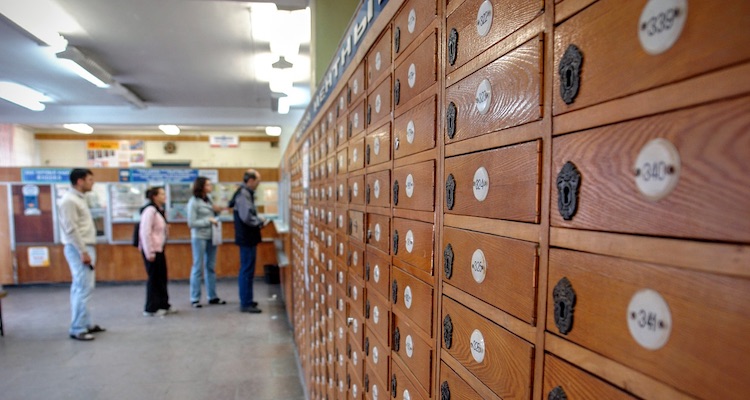The Customer Effect
Should the US Postal Service become a bank?
- For supporters of postal banking, it's a way millions of unbanked and underbanked Americans could access financial services.
- Opponents claim postal banking would be unprofitable.









